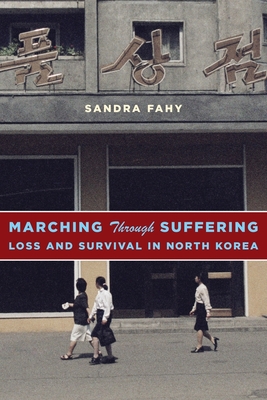Expedite your nonfiction book discovery process with Readara interviews, summaries and recommendations, Broaden your knowledge and gain insights from leading experts and scholars
In-depth, hour-long interviews with notable nonfiction authors, Gain new perspectives and ideas from the writer’s expertise and research, Valuable resource for readers and researchers
Optimize your book discovery process, Four-to eight-page summaries prepared by subject matter experts, Quickly review the book’s central messages and range of content
Books are handpicked covering a wide range of important categories and topics, Selected authors are subject experts, field professionals, or distinguished academics
Our editorial team includes books offering insights, unique views and researched-narratives in categories, Trade shows and book fairs, Book signings and in person author talks,Webinars and online events
Connect with editors and designers,Discover PR & marketing services providers, Source printers and related service providers

Marching Through Suffering: Loss and Survival in North Korea
History > Asia - Korea
- Columbia University Press
- Paperback
- 9780231171359
- 8.5 X 5.5 X 0.7 inches
- 0.8 pounds
- History > Asia - Korea
- (Single Author) Asian American
- English
Readara.com
Book Description
These oral testimonies show how ordinary North Koreans, from farmers and soldiers to students and diplomats, framed the mounting struggles and deaths surrounding them as the famine progressed. Following the development of the disaster, North Koreans deployed complex discursive strategies to rationalize the horror and hardship in their lives, practices that maintained citizens' loyalty to the regime during the famine and continue to sustain its rule today. Casting North Koreans as a diverse people with a vast capacity for adaptation rather than as a monolithic entity passively enduring oppression, Marching Through Suffering positions personal history as key to the interpretation of political violence.
Author Bio
Sandra Fahy is associate professor of anthropology in the Faculty of Liberal Arts and the Graduate Program in Global Studies at Sophia University in Tokyo.
My current research at the Human Rights Program at Harvard Law School focuses on how governments, past and present, use social media platforms and video to deny allegations of human rights abuses.
This research is transnational and casts a critical eye on how contemporary media technologies complicate the theory, practice and knowledge of human rights.
Scope of Teaching & Research
Socio-Cultural Anthropology
•Medical Anthropology of food, health, migration, refugees, war, militarism, violence
• Linguistic Anthropology of trauma, memory, governmentality, censorship, testimony, state media
• Human Rights theory and practice
• Visual Anthropology qualitative and quantitative research, computational and digital media analysis
I also teach in the Graduate Program in Global Studies.
Educational Background
Associate Professor
Social and Cultural Anthropology
B.A. ,York University, Toronto
M.A. ,York University, Toronto
Ph.D., School or Oriental and African Studies, University of London
Source: Sophia University and LinkedIn profile
Videos
No Videos
Community reviews
No Community reviews

